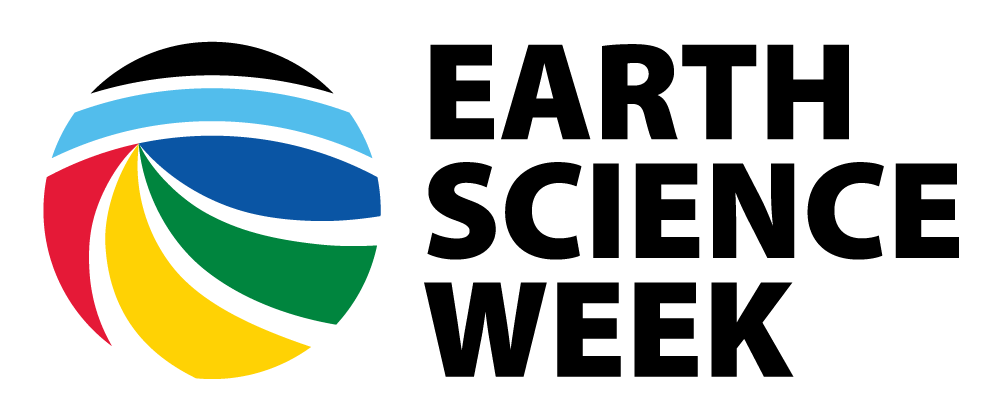Earth Science Week Classroom Activities
Citizen Science
Activity Source:
Adapted with permission by National Oceanic and Atmospheric Administration.
How are people affecting your local environment? How is our planet changing? Join the “citizen science” movement, and you can help discover the answers.
Citizen science is a form of open collaboration in which members of the public participate in the scientific process to address real-world problems. Volunteers can work with scientists to identify research questions, collect and analyze data, interpret results, make new discoveries, develop technologies and applications, as well as solve complex problems.
The National Oceanic and Atmospheric Administration (NOAA) has a rich tradition of supporting citizen science. This tradition is being carried on through a portfolio of projects fostered and supported across the agency. Grab your smartphone and pencil, bring your clipboard and waders, sharpen your observation skills ─ and contribute to citizen science!
Materials
- Vary by the project you choose
Procedure
- Go to https://www.citizenscience.gov/.
- Click on Explore Projects catalog.
- Under Filter by, click Agency Sponsors and check the NOAA box. This will show you projects across the country contributing to NOAA science. You also may use filters to search by participant age, project topic, partners, intended outcome, and so on.
Select NOAA Projects
The following citizen science projects support authentic student learning:
-
Community Collaborative Rain, Hail and Snow Network (CoCoRaHS) is a community-based network of volunteers of all ages and backgrounds working together to measure and map precipitation (rain, hail, and snow) using low-cost measurement tools. Visit https://www.cocorahs.org/.
-
The NOAA National Severe Storms Laboratory is collecting public weather reports through a free app available for smart phones or mobile devices. The app is called “mPING,” for Meteorological Phenomena Identification Near the Ground.Visit mping.nssl.noaa.gov.
-
Global Learning and Observations to Benefit the Environment (GLOBE) is an international science and education program that provides students with the opportunity to participate in Earth system science data collection. Visit https://www.globe.gov/.
-
Marine Debris Monitoring and Assessment Project (MDMAP) is an initiative to compile a record of the amount and types of debris in the environment. Through regular monitoring of marine debris, we can fight one of the most pervasive global threats to the health of our ocean and identify targets for future mitigation efforts. The Marine Debris Tracker mobile app is another great way to report sightings of marine debris items on land or at sea, right from your phone. Visit https://marinedebris.noaa.gov/.
To learn more, see http://www.noaa.gov/educational-resources.
NGSS 3-D Learning
- Science and Engineering Practices ─ Planning and Carrying Out Investigations
- Disciplinary Core Ideas ─ Earth’s Systems
- Crosscutting Concepts ─ Systems and System Models
